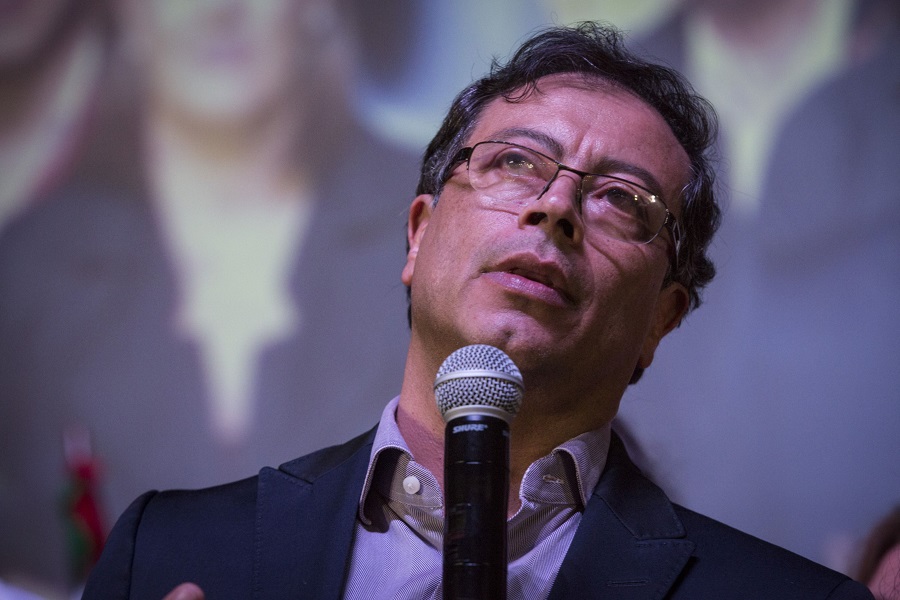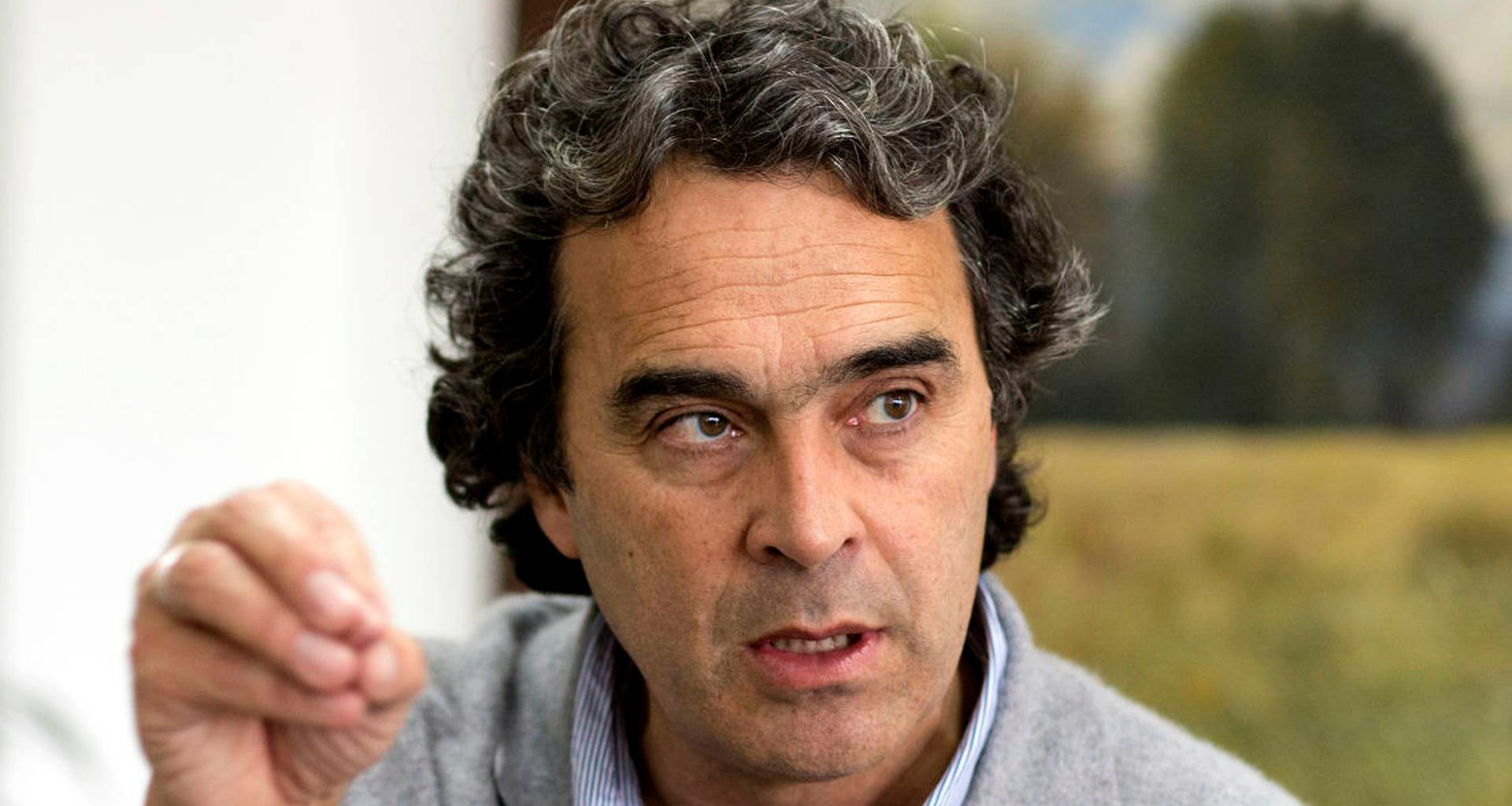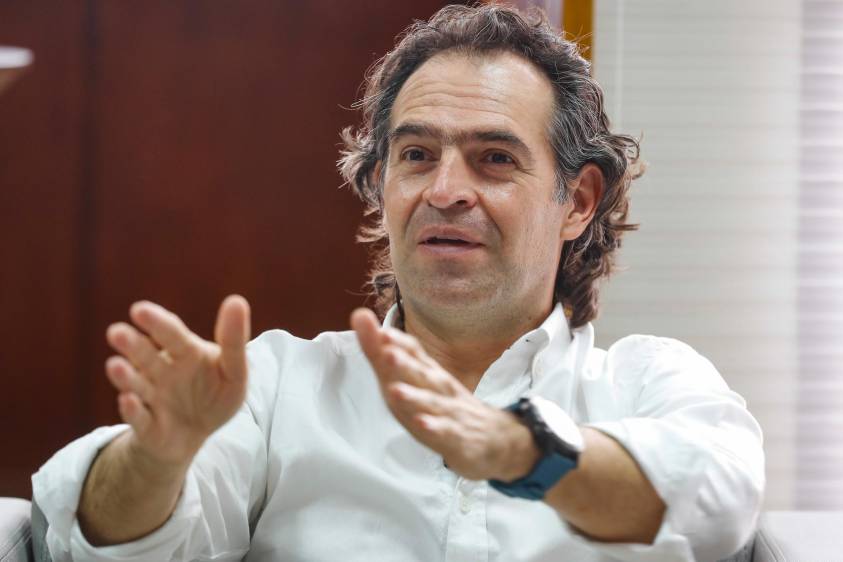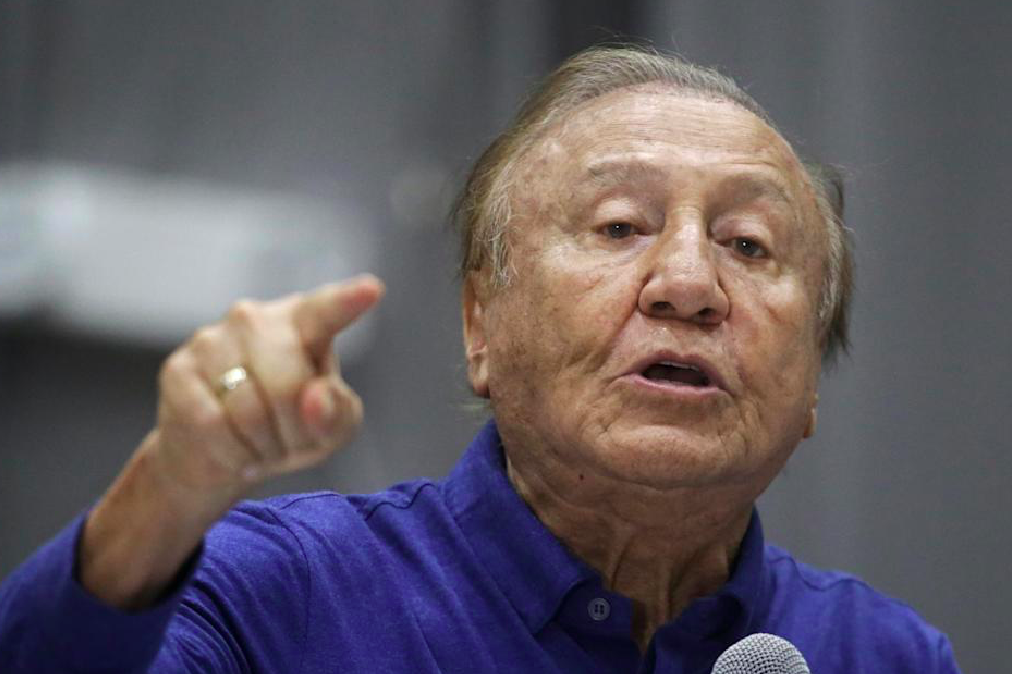RIO DE JANEIRO, BRAZIL – During the morning of Thursday, the last presidential debate took place, organized by Prisa Media in Colombia, and broadcast by Caracol and W radio stations, in addition to the Spanish newspaper El País. Unlike previous meetings, such as the one held on Monday, the tone was one of fewer attacks and more proposals, and it did not have the presence of the person who is emerging as the “surprise” of the first round, Rodolfo Hernández.
Despite the length of the campaign, the polls still show between 10% and 15% undecided, which could perfectly change the podium achieved on Sunday night. In the discussion, the three candidates present tried to distance themselves from the government of Iván Duque, which has a disapproval of over 70%.
Read also: Check out our coverage on Colombia
This Sunday, 38 million Colombians are called to participate in the first round of the presidential elections, where the candidate of the Historical Pact, Gustavo Petro, is expected to win first place, according to the polls, which give him more than 40% of voting intentions. Despite the wide advantage, it is expected that the second round will be more complicated for who could be the first left-wing president in the history of the Caribbean country, so the three candidates that follow him -Federico “Fico” Gutiérrez, Rodolfo Hernández and Sergio Fajardo– still have a lot to say.

Candidate Rodolfo Hernández, from the “Anti-Corruption Governors League”, was invited to the debate but decided not to participate. “I have made the decision not to attend the debate on Thursday the 26th, as a call to the other candidates not to contribute to that show of egos and attacks like last Monday’s debate,” the former mayor of Bucaramanga said a few days ago.
One of the topics in the debate was the situation of the guerrillas, and the National Liberation Army in particular. A few weeks ago, the organization declared a temporary “ceasefire” until the elections were over. In the debate, the three candidates agreed that the Duque government had brought about a deterioration in security conditions in Colombia, with 2020 being the worst year, with 439 armed combats.

Sergio Fajardo, speaking about the ELN, indicated that he was in favor of a negotiation with the armed group, with a view to building peace in Colombia, but that he demanded a manifest disposition from the armed group.
A similar speech was that of “Fico” Gutiérrez, who proposed an “indefinite” unilateral ceasefire, to start talking with the group. “Stop killing and kidnapping the population, stop hurting people. It is they who are affected, not those in Cuba who defend them so much. Show will for peace. If they do, we sit down to define some terms of what a dialogue could be like,” argued the right-wing candidate.
Meanwhile, Gustavo Petro recalled the obligation that Colombia had already acquired with the former FARC in the Peace Agreements, and pointed out the need to resume talks with the ELN. He also blamed Duque for the measures implemented by his government “shattering the peace.” “Today the country is in the hands of multi-crime gangs, their control has grown. What we must do is tear the war to shreds and we must recover the path we retraced four years ago, comply with the peace agreements”, argued the candidate of the Historical Pact.

Also a central concern of the campaign has been the state of the economy, where despite the post-pandemic rebound, poverty continues to affect about 40% of Colombians. In addition, inflation in the coffee country is dangerously close to 10% per year. “Today people do not have enough for the grocery, the family basket increased between 25% and 30%, today we talk about people being hungry,” said the candidate Gutiérrez when referring to the issue.
In that direction, the three candidates agreed on the importance of the rural sector, which has been at the center of the presidential campaign. “Colombia needs an agricultural revolution. If we think of the 12 million peasants, we are thinking of all Colombian families,” Gutiérrez said in this regard.
“We are importing food, supplies. Now we have to import fertilizers from Russia. In the short term it is an urgency, crops must be bought from the peasants, subsidize the import of inputs,” Petro proposed, adding that “the State must be a friend of the peasant.”
Sergio Fajardo, for his part, declared: “Colombia is hungry and food banks must be strengthened, community kitchens must be implemented, we cannot neglect school food, that’s a priority. We have to guarantee supplies.”

In a rather “light” and good-toned debate, compared to the previous ones, the attacks came more than anything at the end. In Gutiérrez’s farewell message, he recalled his previous closeness to Fajardo: both had initially been members of the Liberal Party. “I have known Sergio for a long time, I don’t know why he became so angry and attacked everyone. I am going to invite all of you to build a country,” said Fico.
To that, Fajardo replied: “I’m not upset, but Fico represents continuity. This is part of the affectionate form of politics.” Thus, Gutiérrez responded by saying that “I am me”, questioning the current government for its actions in security, especially after the armed strike that took place on May 9. “I have the ability to change things. The Gulf Clan shouldn’t have happened,” Fico said. To finish, he indicated that after the elections he will invite Fajardo and Petro to “agree on where the country is going.”

